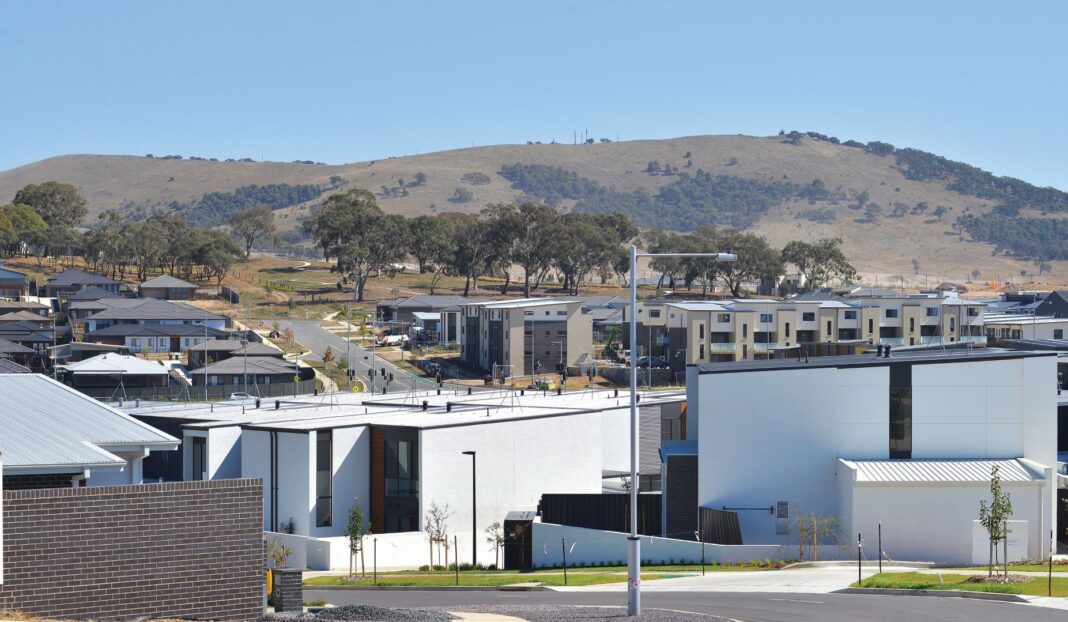Approvals for new detached houses across the country have fallen to their lowest level since June 2013, according to Master Builders Australia’s chief economist, Shane Garrett.
Building approvals rose in Queensland, NSW and the ACT, which had a rise of 7.7%, while the other states and territories experienced a drop.
“Building approvals in April 2019 indicate that the number of approvals for all categories of new dwelling fell by 4.7% during the month. New detached house approvals dropped by 2.9% while the volume of approvals for apartments/units saw a 7.2% fall. Total approvals are now down by 24.2% over the past year,” Mr Garrett said.
“Since the beginning of the new home building downturn in late 2017, the bulk of the pain has been concentrated in the high density segment of the market.
“With today’s figures now showing detached house approvals at a six-year low, it is ominous that the weakness in new home building is spreading to those parts of the market which are traditionally more resilient during downturns.”
Mr Garrett said these figures relate to the month of April, the month prior to the Federal Election, and said the political uncertainty has contributed to the weaker results.
“Many significant infrastructure projects have been announced by government over the past year. Speedily converting these announcements into real, visible activity on the ground would provide a major boost to the building industry, the wider economy and confidence more generally,” he said.
Mr Garrett said while detached home approvals were at a low, commercial building saw a growth of 3.6% to reach a new “all-time high”.
“During the March 2019 quarter, civil construction activity dropped back by 3.9% although commercial building saw growth of 3.6% to reach a new all-time high,” he said.
“Unfortunately, the decline in civil construction activity during the opening quarter of this year will not be a surprise to the industry. The time taken for government infrastructure announcements to translate into real, visible activity on the ground is often far too long,” he said.
More stories:



